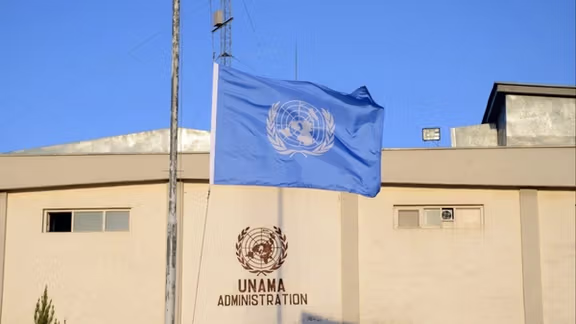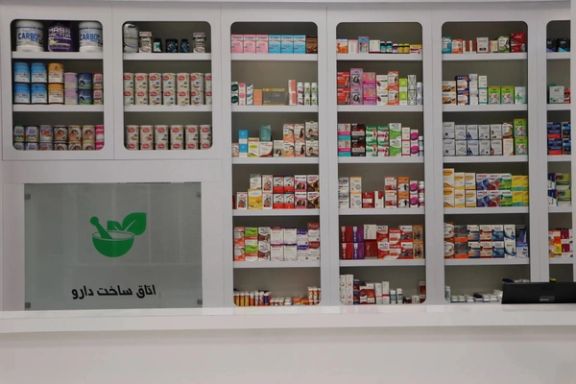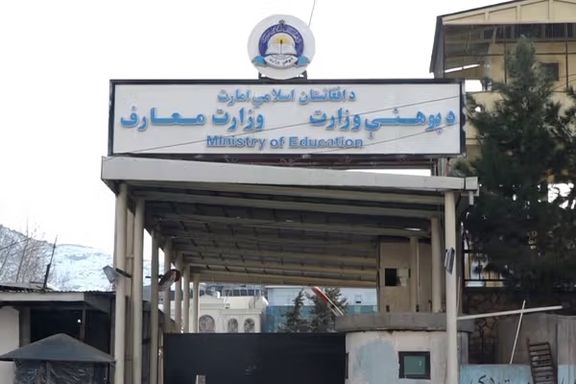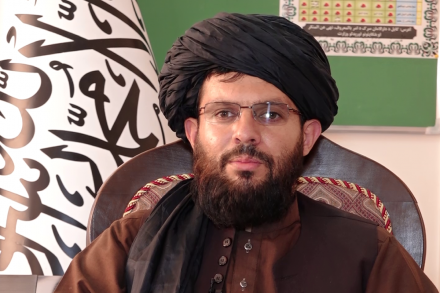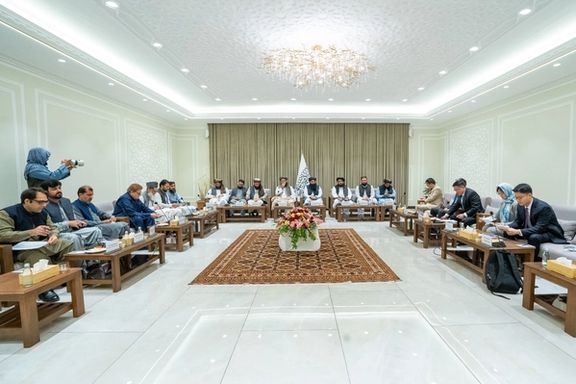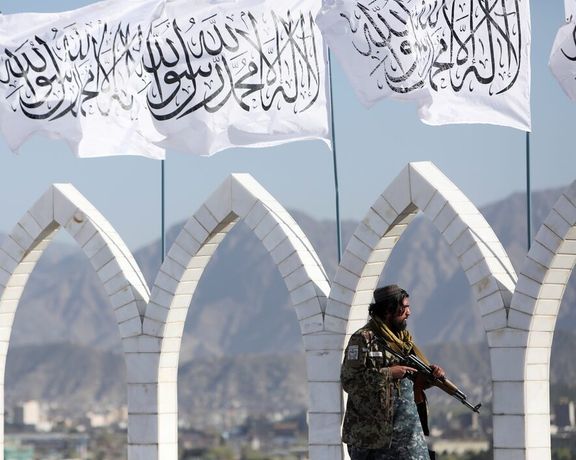The report highlights that over 380 million Christians worldwide face varying levels of persecution, violence, and discrimination due to their religious beliefs. Afghanistan ranks tenth on the list, following countries such as North Korea, Somalia, Yemen, Libya, Sudan, Eritrea, Nigeria, Pakistan, and Iran.
North Korea tops the list as the most repressive country for Christians, while the remaining nine are all Muslim-majority states. The report states that nearly 70 per cent of the world’s most severe cases of Christian persecution occur in Muslim-majority nations.
Regarding Pakistan, the report notes: “Roughly a quarter of all blasphemy accusations [in Pakistan] target Christians, who make up just 1.8 per cent of the population.”
In the case of Afghanistan, the report states: “In Afghanistan, leaving Islam and converting to Christianity is punishable by death under Islamic law. This has been increasingly enforced since the Taliban assumed power in 2021.”
It further explains that most Afghan Christians are converts from Islam, making it nearly impossible for them to practise their faith openly. “If converts are discovered, the family, clan or tribe may try to preserve its ‘honour’ through pressure, violence, or even murder,” the report adds.
The report also notes that discovery by the authorities often forces Afghan Christians into exile, with women and ethnic minorities facing disproportionately harsh treatment.
Human Rights Watch has previously described the state of religious freedom in Afghanistan as dire. It warned that under Taliban rule, the country has become a “nightmare” for religious freedom and broader human rights. Shia Muslims, Sufis, Ahmadis, Hindus, Sikhs, Christians, and other religious minorities all face threats of violence and systemic persecution.
According to Gatestone Institute figures, more than 4400 Christians were killed for their faith in 2024. Over 4700 were unlawfully detained, and more than 7600 churches or Christian institutions were attacked or destroyed globally.
